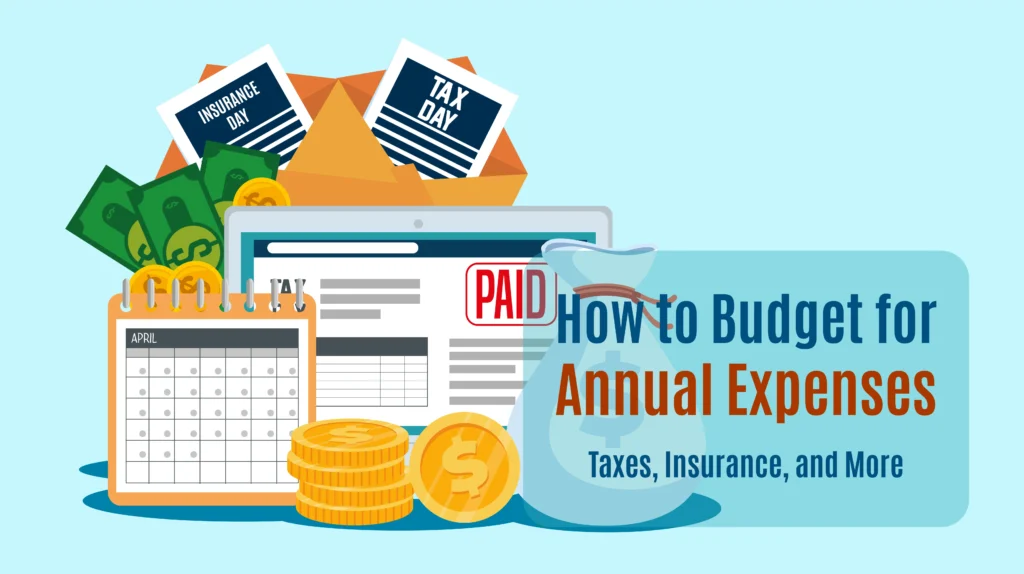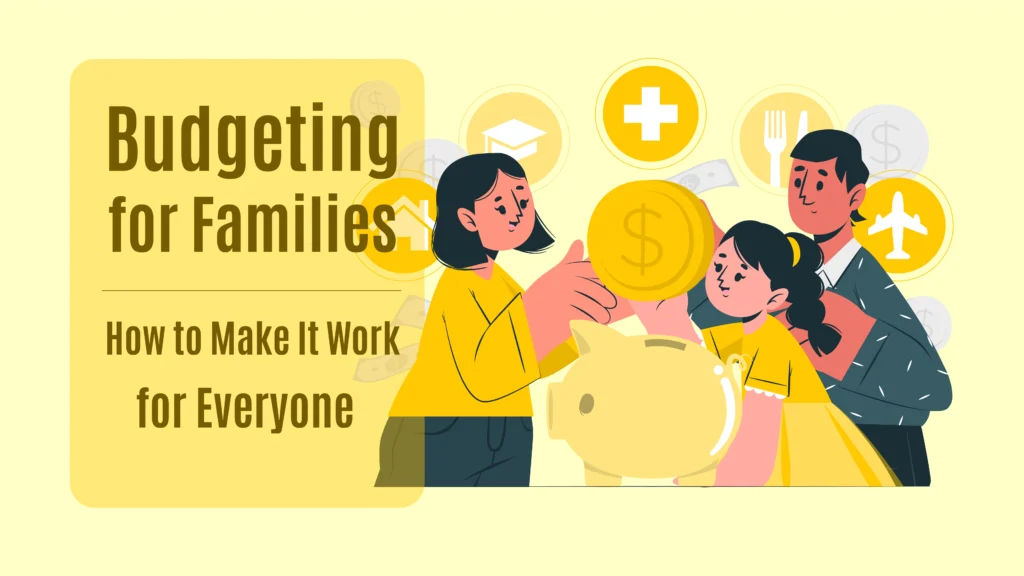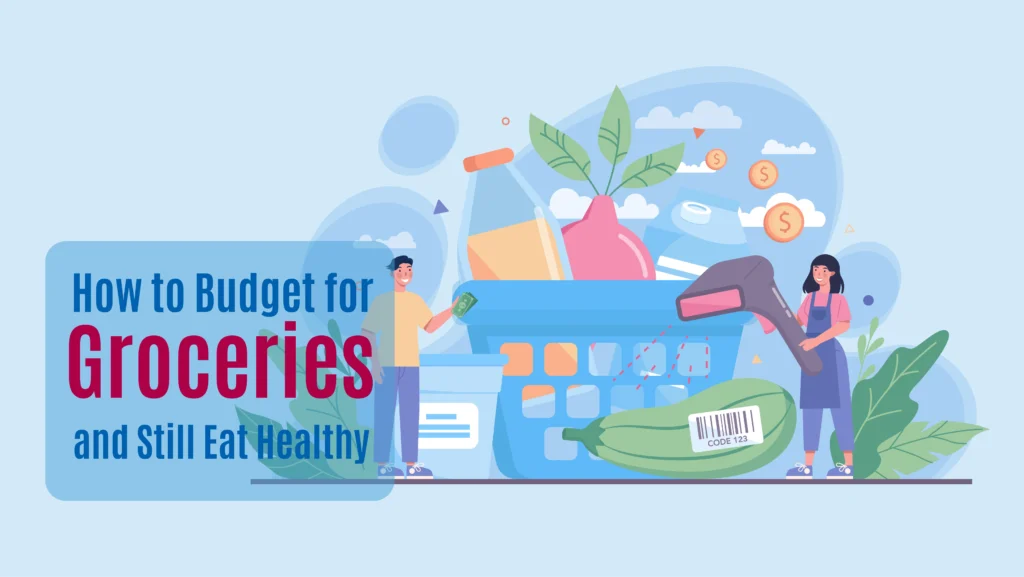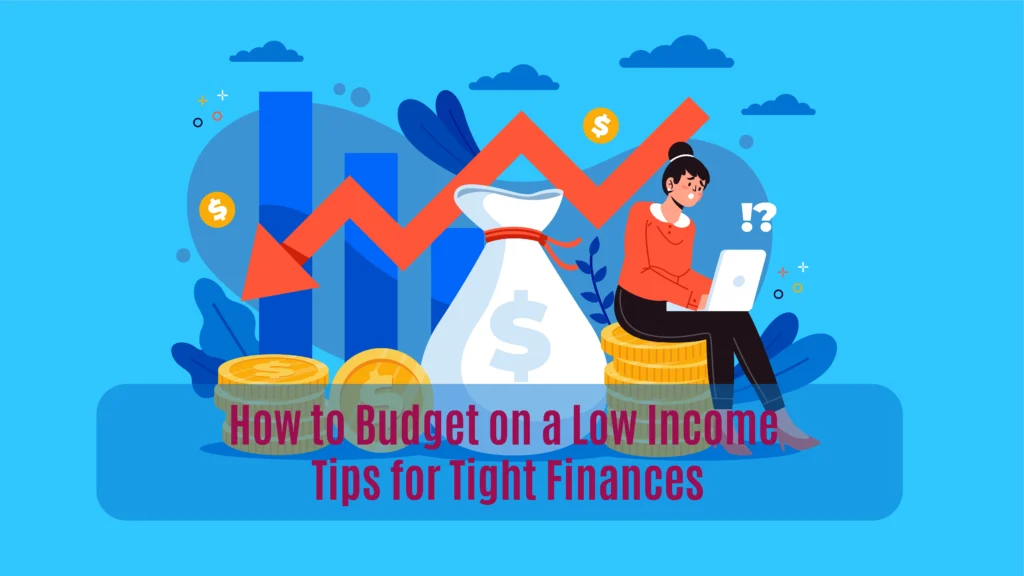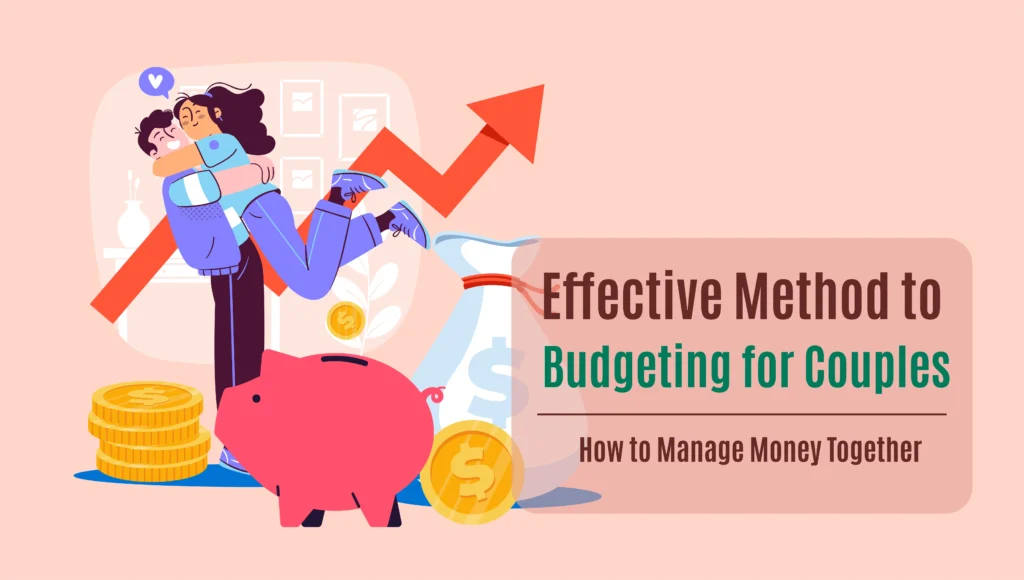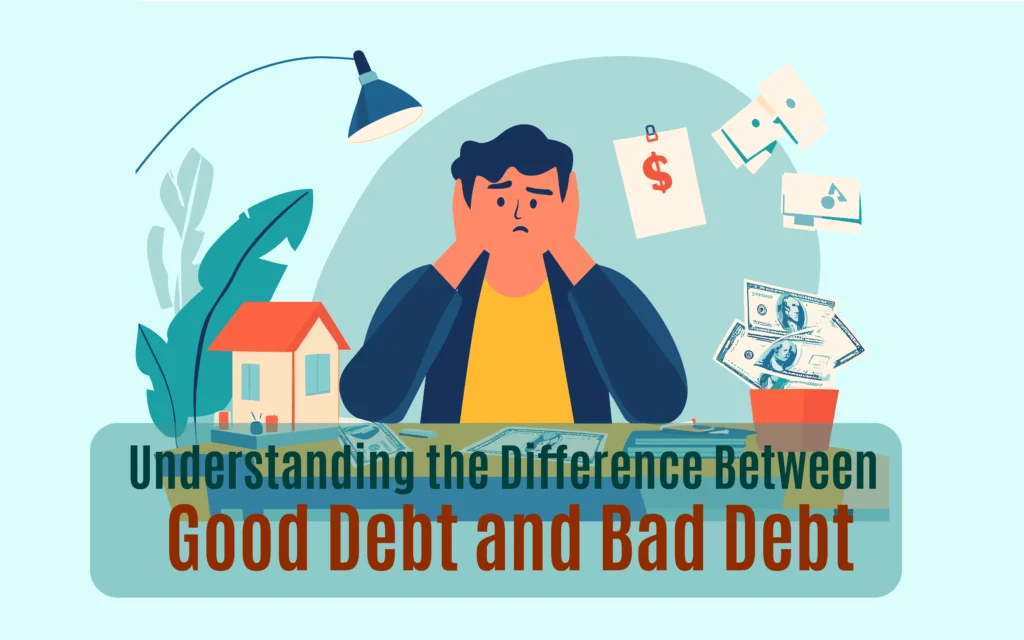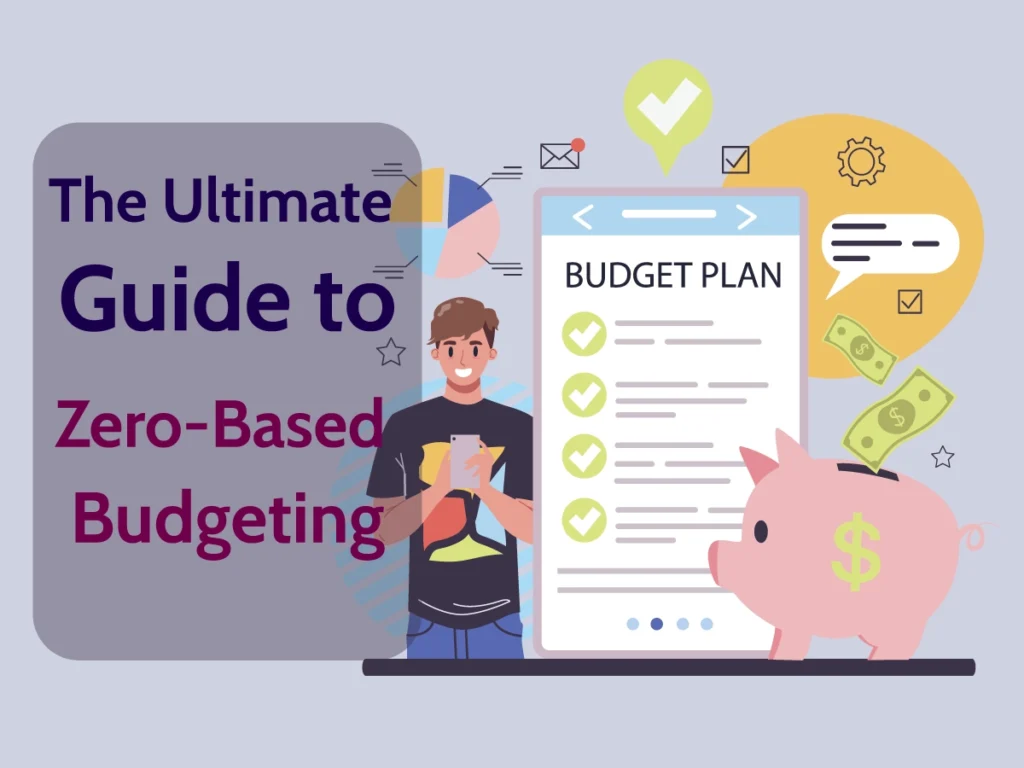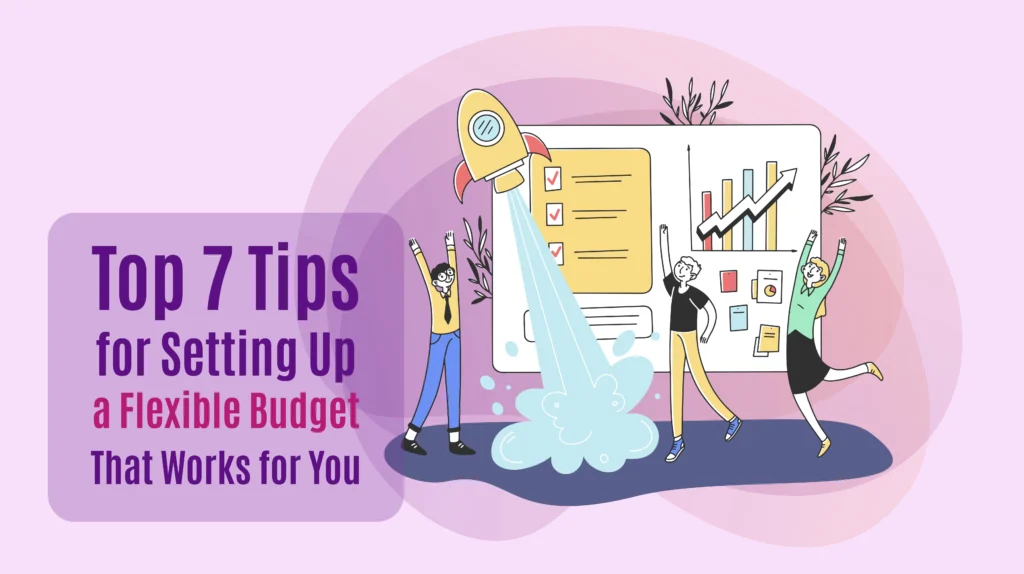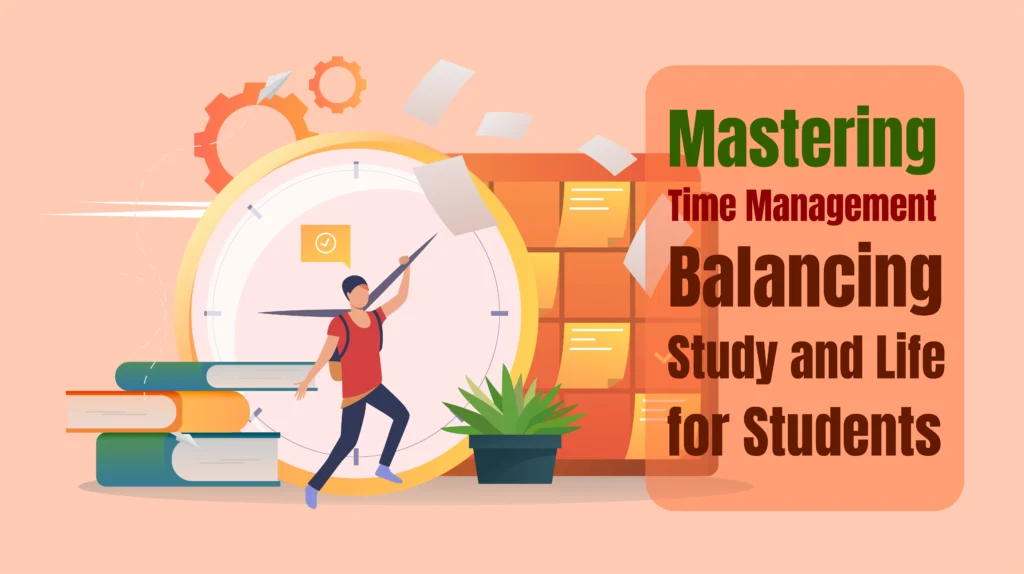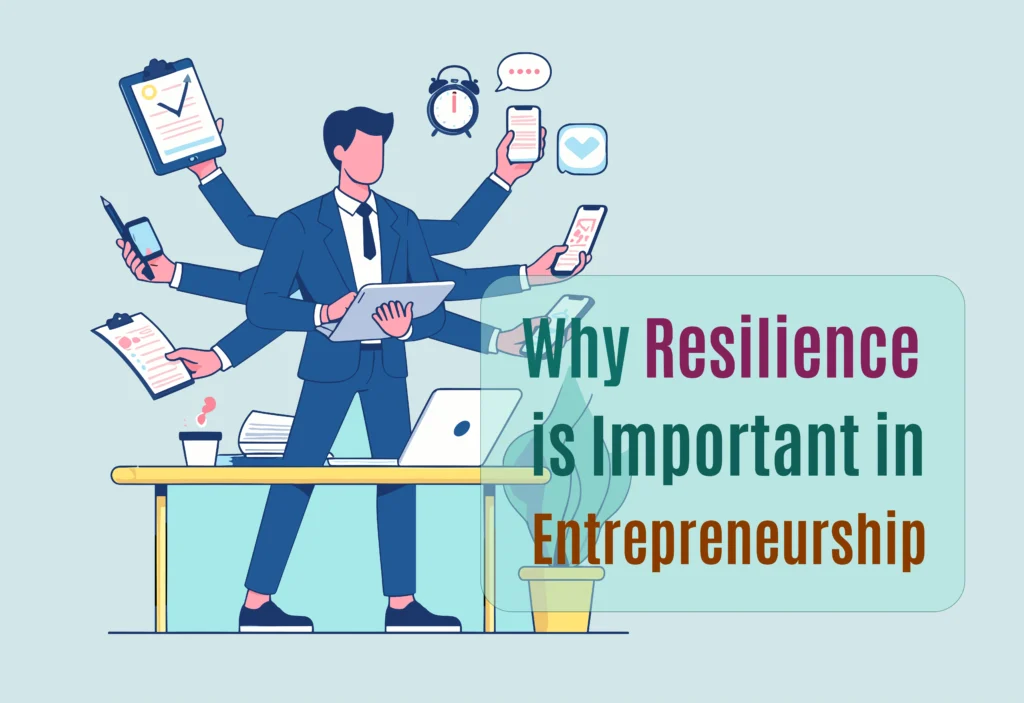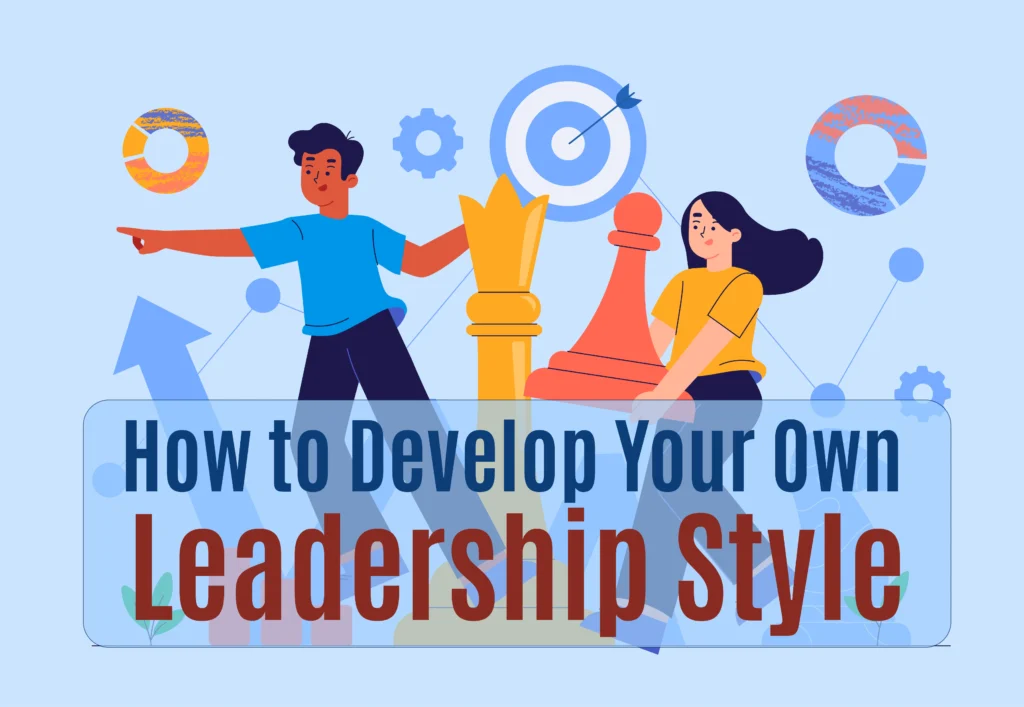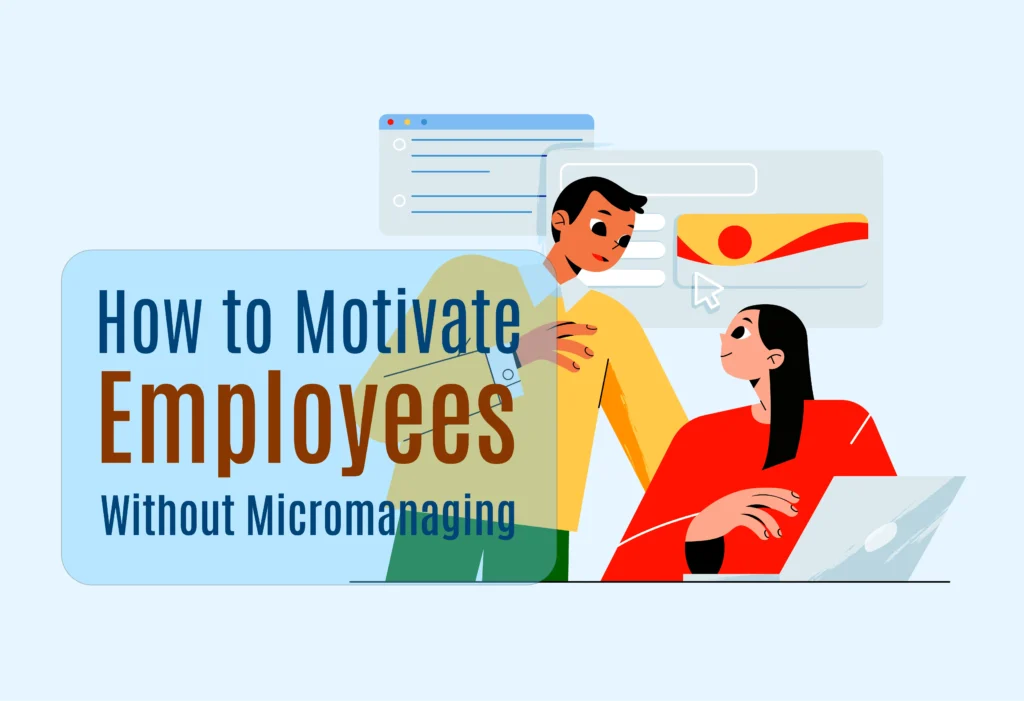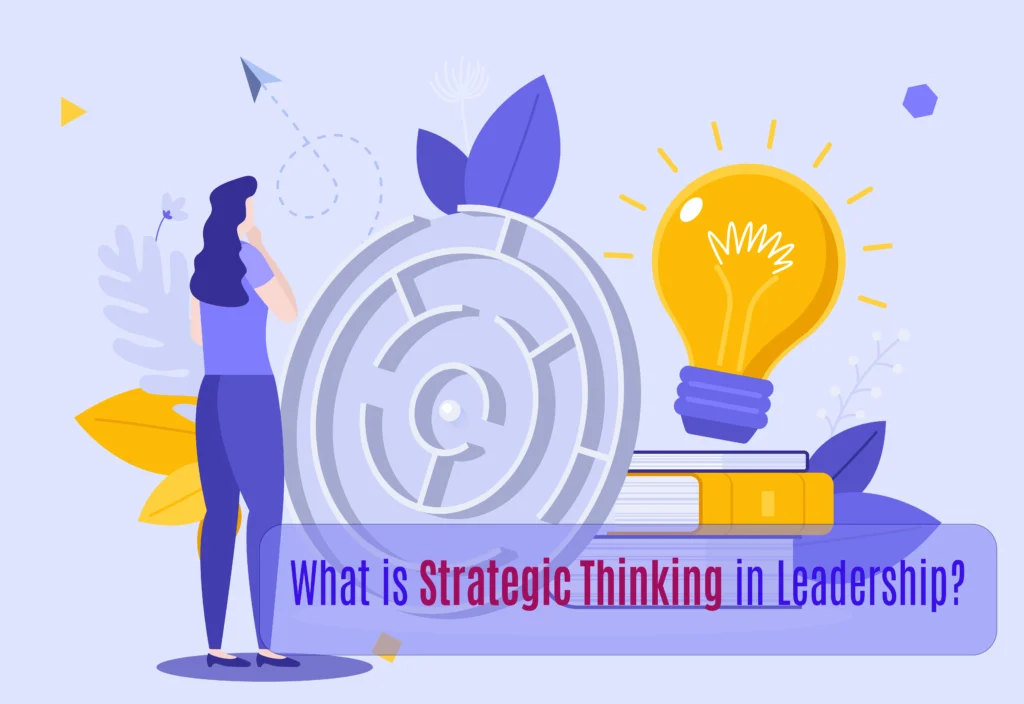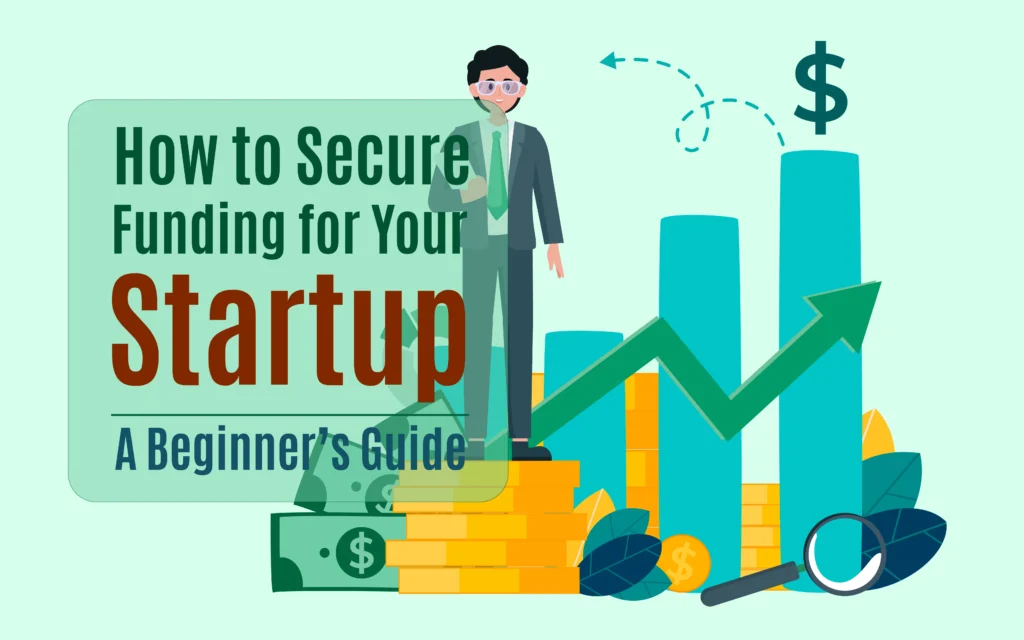10 Effective Strategies to Pay Off Debt Faster
Debt is one of the biggest obstacles to financial freedom. Whether it’s credit card debt, student loans, medical bills, or a mortgage, carrying debt can hinder your ability to save, invest, or pursue your financial goals. Interest payments add up, leaving you paying significantly more than the original amount borrowed. The good news? With the right strategies and discipline, you can accelerate your debt repayment and regain control of your finances.
This guide explores 10 highly effective strategies to pay off debt faster, helping you build a more secure and debt-free financial future.
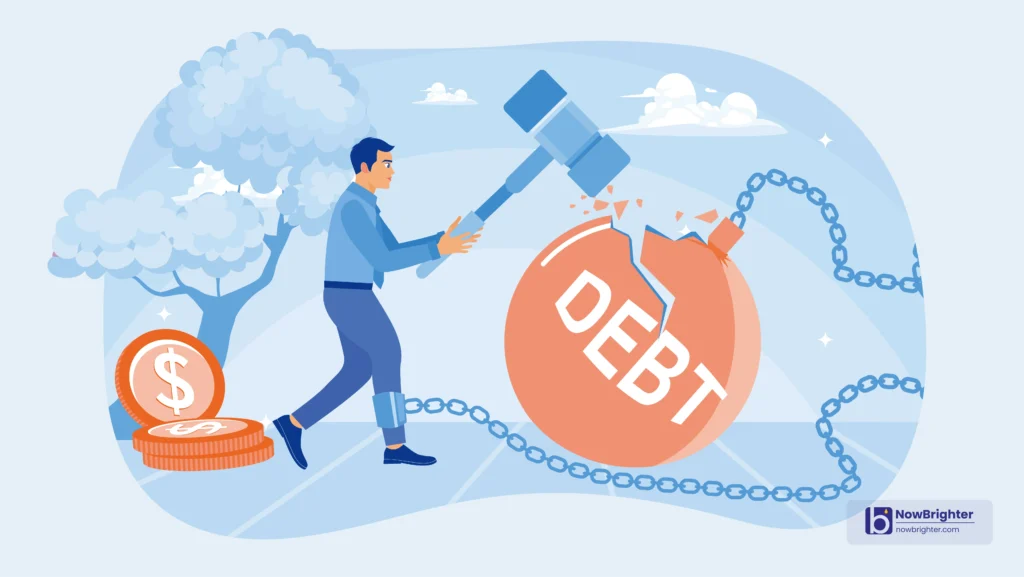
Understanding the Impact of Debt on Financial Freedom
Debt doesn’t just weigh down your finances—it also takes a toll on your mental and emotional well-being. Whether you’re making minimum payments or paying high-interest rates, debt can feel overwhelming and never-ending.
The True Cost of Debt
Debt is more than just the amount borrowed—it’s also about how much interest you’re paying. Interest compounds over time, making even small debts expensive if not managed properly. For instance, if you have $10,000 in credit card debt with a 20% annual interest rate, and you only make the minimum payments, it could take decades to pay off and cost you double or triple the original loan amount.
Interest Payments and Compound Interest
Interest rates on loans and credit cards can make a small debt balloon into a massive financial burden. Compound interest—interest charged on the initial loan plus accrued interest—can significantly increase the amount you owe over time. This is why it’s crucial to tackle high-interest debt as quickly as possible to reduce the cost of borrowing.
Debt as a Barrier to Financial Freedom
Debt prevents you from focusing on future goals such as building an emergency fund, investing for retirement, or saving for a house. It eats into your cash flow, leaving you with less disposable income. The more you pay in interest, the less you have to save or invest, which limits your ability to build wealth and achieve long-term financial security.
10 Effective Strategies to Pay Off Debt Faster
The following strategies offer practical ways to tackle debt head-on, giving you actionable steps to start paying off your balances faster.
1. Create a Debt Repayment Plan
The first and most important step in paying off debt is to create a clear, actionable plan. Without a well-defined strategy, it’s easy to lose track of payments, miss deadlines, or become overwhelmed by the sheer amount of debt.
Listing All Debts and Prioritizing Repayment
Start by listing all your debts, including credit card balances, student loans, personal loans, auto loans, and medical bills. For each debt, note the interest rate, minimum payment, and total balance. This gives you a full picture of where you stand and helps you determine which debts to prioritize.
Categorize your debts by interest rates or amounts. Debts with higher interest rates, like credit cards, should often be your top priority since they accumulate more quickly. Prioritizing high-interest debt can save you thousands over time.
Setting a Realistic Timeline for Debt Freedom
Once you’ve listed your debts, it’s time to set a goal for becoming debt-free. This timeline should be realistic, considering your income, living expenses, and available funds for extra payments. For example, if you aim to pay off $30,000 of debt in five years, calculate how much you need to pay monthly to achieve that goal. Tools like debt calculators can help you project a timeline and determine feasible monthly payments.
2. Follow the Debt Snowball Method
One of the most popular debt repayment strategies is the Debt Snowball Method, which is particularly effective for people who need motivation through small wins.
Paying Off Smallest Debts First
The Debt Snowball Method involves paying off your smallest debts first while making minimum payments on the others. As you eliminate each small debt, you free up money to tackle the next one, creating a snowball effect. The idea is to focus on one debt at a time, starting with the smallest balance, regardless of the interest rate.
For example, if you have four debts:
- $500 credit card balance
- $2,000 personal loan
- $10,000 car loan
- $20,000 student loan
You would start by paying off the $500 balance first. Once that’s paid off, you apply the same monthly payment (plus extra) toward the $2,000 loan, and so on.
Building Confidence Through Quick Wins
Psychologically, paying off small debts first can be motivating because it gives you quick victories. Each time you eliminate a debt, it boosts your confidence and encourages you to continue working toward debt freedom. The small wins keep you on track and help you gain momentum.
3. Use the Debt Avalanche Method
If you’re more concerned with minimizing the amount of interest paid over time, the Debt Avalanche Method may be a better approach.
Focusing on High-Interest Debt First
The Debt Avalanche Method targets debts with the highest interest rates first. By focusing on the most expensive debt, you reduce the total amount you’ll pay in interest over time.
For example, if you have credit card debt at a 22% interest rate and a car loan at 5%, you’ll focus on aggressively paying down the credit card first, as it’s costing you the most in interest charges.
Maximizing Interest Savings
While the Debt Avalanche Method may not offer the immediate satisfaction of paying off small balances, it’s more efficient in the long run. By eliminating high-interest debts first, you’ll save more money in interest payments, allowing you to pay off debt faster overall.
≫ Related Post: Managing Debt: The Snowball vs. Avalanche Method
4. Consolidate Debt for Lower Interest Rates
If you’re juggling multiple debts with varying interest rates, debt consolidation could be an effective way to simplify payments and reduce interest.
How Debt Consolidation Works
Debt consolidation involves taking out a new loan to pay off multiple existing debts. This new loan ideally comes with a lower interest rate, helping you save money on interest and manage one monthly payment rather than several.
When Debt Consolidation is a Good Idea
Debt consolidation is especially beneficial if you have high-interest credit card debt or several loans with high rates. For instance, if you’re paying 20% interest on credit card debt but can qualify for a personal loan at 8%, consolidating the debt could save you significant money in interest. Just be mindful of any fees or charges associated with consolidation loans, and ensure the new loan offers better terms than your existing debts.
5. Refinance High-Interest Debt
Another way to reduce the cost of borrowing is through refinancing, which involves replacing an existing loan with a new one that has better terms, such as a lower interest rate.
Lowering Interest Rates on Loans and Credit Cards
Refinancing is especially useful for large debts like student loans, auto loans, or mortgages. By refinancing to a lower interest rate, you can reduce your monthly payments and the total interest paid over the life of the loan.
For example, if you’re paying 6% interest on a $20,000 car loan, refinancing to a 3% interest rate can save you hundreds or even thousands of dollars.
Improving Cash Flow Through Refinancing
Refinancing doesn’t just lower your interest rate—it can also improve your monthly cash flow. If refinancing lowers your monthly payment, you can allocate that extra money toward paying down other debts or the principal on the refinanced loan, helping you get out of debt faster.
6. Automate Your Debt Payments
One of the easiest ways to stay consistent with debt repayment is to automate your payments. Automating ensures you never miss a payment, helping you avoid late fees and keep your repayment plan on track.
Consistency is Key to Debt Reduction
Automation helps by ensuring you consistently pay on time each month, reducing the likelihood of missed payments, which can negatively impact your credit score. Many lenders and credit card companies offer automatic payment options, which can also help avoid penalties.
Setting Up Extra Payments Automatically
In addition to automating minimum payments, consider automating extra payments. For example, if your minimum payment is $200, you can set up automatic payments for $250, applying the extra $50 directly toward the principal. These additional payments will shorten the repayment period and reduce interest.
7. Cut Expenses and Reallocate Savings Toward Debt
Sometimes, the most effective way to pay off debt faster is to reduce your expenses and apply those savings to your debt.
Creating a Lean Budget
Start by reviewing your budget to identify areas where you can cut back. Could you dine out less often, cancel unused subscriptions, or buy generic groceries? Cutting back on discretionary spending frees up cash that can go directly toward debt repayment.
Finding Savings in Everyday Expenses
Look for everyday opportunities to save. For example, negotiate lower rates on your insurance, switch to a more affordable cell phone plan, or reduce energy usage to lower utility bills. Even small savings, when redirected to debt, can make a significant impact over time.
8. Use Windfalls and Extra Income
If you receive extra money, such as a bonus, tax refund, or raise, don’t use it to splurge—use it to accelerate debt repayment.
Applying Bonuses, Tax Refunds, and Side Hustle Income
Any unexpected or additional income should go directly toward your debt. For instance, if you receive a $2,000 tax refund, apply it as a lump-sum payment toward your highest-interest debt. Similarly, side hustle income or a holiday bonus can also be used to pay down debt more quickly.
Accelerating Debt Payoff with Lump Sums
One-time lump-sum payments, whether large or small, have a powerful effect on reducing your principal balance, which in turn reduces the amount of interest you’ll pay. Even one or two lump-sum payments a year can significantly shorten your repayment timeline.
9. Negotiate with Creditors for Lower Payments
If you’re struggling with high interest rates or unaffordable payments, you may be able to negotiate with your creditors for better terms.
How to Approach Creditors
Start by contacting your creditors to explain your situation. Be polite but firm in requesting a lower interest rate or reduced monthly payments. If you have a history of making on-time payments, creditors may be willing to work with you to avoid losing you as a customer.
Benefits of Credit Negotiation
Successfully negotiating a lower interest rate or extended payment terms can make it easier to manage your debt and pay it off faster. In some cases, creditors may even be willing to settle the debt for less than the full amount, although this may impact your credit score.
10. Increase Your Income to Accelerate Repayment
While cutting expenses is important, another way to fast-track debt repayment is by boosting your income.
Boosting Income Through Side Hustles or Career Advancement
Consider taking on a side hustle or part-time job to earn extra income, which you can direct toward paying down your debt. Alternatively, look for opportunities to advance in your current job, such as negotiating a raise or seeking promotions.
Prioritizing Debt with Extra Income
Whether it’s a few hundred dollars from a weekend side job or a significant salary increase, make sure you’re applying that extra income directly to your debt repayment. The more income you allocate to debt, the faster you’ll reach your goal of becoming debt-free.
The Psychological Benefits of Paying Off Debt
Debt isn’t just a financial burden—it’s an emotional one too. The process of paying off debt offers several psychological benefits, such as reduced stress and increased confidence.
The Relief of Financial Freedom
Becoming debt-free provides peace of mind and reduces financial stress. Without debt, you no longer have to worry about monthly payments, interest charges, or creditor calls.
Less Stress and More Peace of Mind
Debt can be a significant source of anxiety, particularly if it feels like you’re not making progress. Eliminating that debt can reduce stress and improve your mental well-being, giving you the peace of mind to focus on other aspects of your life.
The Empowerment of Achieving Financial Goals
Paying off debt is empowering. Each time you eliminate a balance, you gain confidence in your ability to manage your finances and make smart decisions. That sense of accomplishment can motivate you to achieve other financial goals, like building an emergency fund or investing in your future.
Building Confidence Through Debt Elimination
Debt elimination is a major achievement that proves you have control over your financial life. Once you’re debt-free, you’ll have more control over your income, allowing you to focus on building wealth and achieving long-term goals.
≫ Related Post: How to Create a Debt Repayment Plan That Works
Avoiding Common Pitfalls When Paying Off Debt
While working toward debt freedom, it’s important to avoid common mistakes that can slow your progress or derail your efforts.
Accumulating More Debt During Repayment
One of the biggest mistakes people make is adding more debt while trying to pay off existing balances. This can make it feel like you’re taking one step forward and two steps back.
Avoiding Credit Card Use and New Loans
To avoid accumulating more debt, stop using your credit cards during the repayment process. Focus on paying with cash or debit for all purchases. If you don’t add new debt, you can focus entirely on paying down what you already owe.
Failing to Build an Emergency Fund
While aggressively paying off debt, some people forget to set aside money for emergencies. Without an emergency fund, you may end up relying on credit cards or loans if unexpected expenses arise, adding more debt.
Keeping Savings Separate from Debt Repayment
It’s important to maintain a small emergency fund—typically three to six months of living expenses—so that you can handle unexpected costs without derailing your debt repayment plan.
Getting Discouraged by Slow Progress
Paying off debt can be a long and challenging journey, especially if you have large balances or high-interest rates. It’s easy to get discouraged if progress seems slow.
Staying Motivated Through Small Wins
To stay motivated, celebrate small milestones along the way. Whether it’s paying off a credit card or reaching a new debt-free goal, acknowledging progress keeps you focused and committed to the process.
Conclusion: Achieve Financial Freedom by Paying Off Debt Faster
Paying off debt faster is one of the most important steps toward financial freedom. By following these ten strategies—creating a debt repayment plan, using the Debt Snowball or Avalanche method, consolidating debt, increasing your income, and cutting expenses—you can accelerate your debt payoff and start building a secure financial future.
Remember, becoming debt-free is not just about numbers—it’s about reducing stress, gaining peace of mind, and unlocking opportunities for wealth-building. Start today, take control of your finances, and make your debt-free future a reality.

